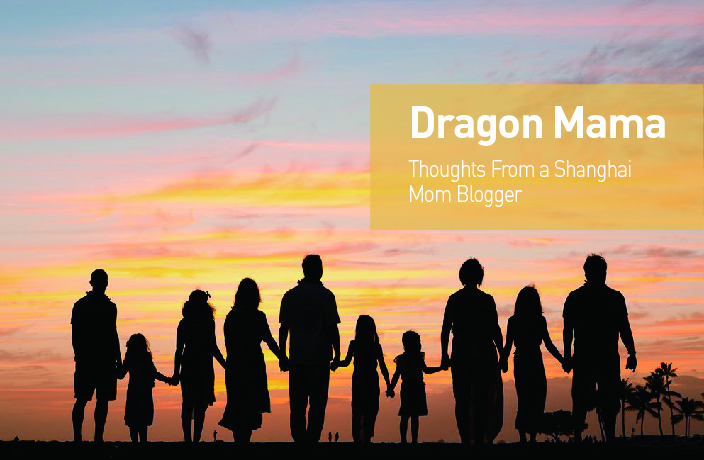In 1996 Hillary Clinton wrote the book It Takes a Village: And Other Lessons Children Teach Us. The book emphasized the shared responsibility that society has for raising children (including direct family, grandparents, neighbors, teachers, ministers, doctors, employers, politicians, nonprofits, faith communities, businesses, and international government groups). The notion it takes a village to raise a child has its roots in Igbo and Yoruba (African languages), and it is said that its widespread usage in other cultures shows its timelessness and relevance. Some however beg to differ, and one opposition leader’s reply to Clinton was, “It doesn’t take a village, it takes a family.”
Political agendas aside, the ‘arguments’ made me wonder which was really the better model - the nuclear family or the ‘village’? In African communities, it is common for a child to be raised by the extended family, sometimes spending long periods of time living with grandparents, aunts and uncles. Children are seen as a blessing from God upon the entire community.
As a Singaporean, I grew up with this model. I had (for better or worse) the input of extended family and remain close to my uncles, aunties and cousins. Paid, live-in help was (is) also easily accessible and affordable. It was truly a ‘village’ and ‘the system’ is still alive and well today as most mothers go back to work after three to four months of maternity leave.
My husband’s culture and family is totally different, however. He grew up meeting his aunts, uncles and cousins a handful of times, didn’t really develop relationships with grandparents, and went to boarding school at age 12, as did his siblings. Family life was very more nuclear with minimal outside input. Hence, I had a kind of culture shock when I arrived on the shores of his country with a 6 month old baby and no village to be found. (Cue my ‘serious interest’ in wine, which by the way, his country produces in great quality!)

Another discovery I made (aside from the variations of Sauvignon Blanc) was the fact that it didn't really matter that I had no physical village. I began to form one on my own. With my new ‘job’ as a stay-at-home mom keeping me more housebound than I would have liked, the internet became my solace and source for both finding and maintaining friends. I could ‘talk’ to people online about parenting, read blogs, google information, ask questions and email friends around the world for support - all of which kept me sane. A recent article I read about a corporate mother choosing to stay at home despite the stigma and her own fears reads:
“Whereas working with a team simply comes with the gig at the office, finding a support network as a stay-at-home mom is all on me. It is hard, but it is worth the effort. No mother should feel alone or somehow less important to the daily workings of society, and it is through building up our communities that gives us a foundation to contribute regardless of what we do for a living.”
That certainly resonated with me, because I don’t know about you or the Republican opposition, but I find in Shanghai and the nomadic expatriate life, I need a village even more, whether it’s cyber or otherwise - I clearly need 'my' village.
So who is it these days? It’s mom-groups, e-contact with friends overseas, and I'm not ashamed to say, it’s also Ayi. I know people do it without help and I know I could too (and have), but if I'm honest with myself and my sanity, I definitely need my village to keep my life ticking over in Shanghai. It’s either that or deepening my interest in wine!
So, I urge all moms new to Shanghai or with those with new babies who may be struggling - you don’t have to go it alone. Find your village, or find me, and I’ll tell you how it’s done!
[Images via Lightness Photography and Getty Images]
For more Dragon Mama columns, click here.



















